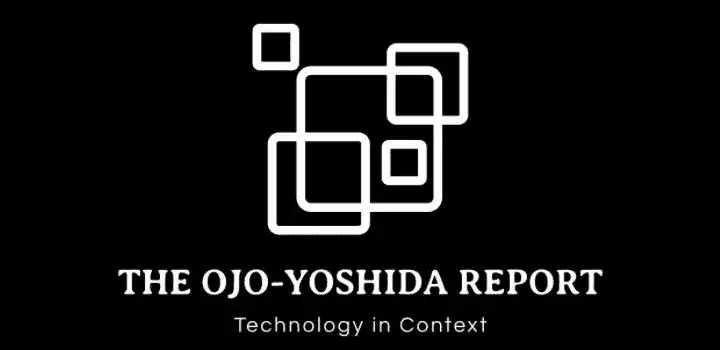
The Ojo Yoshida Report
Can Machine Drivers Guess Right About Us Human Drivers?
Politicize the Semiconductor Supply Chain and We All Lose
The Romance of the Jalopy
Podcast: Plastic and Beyond

Can Machine Drivers Guess Right About Us Human Drivers?
What’s at stake?
For both human and machine drivers, perception is hard. Even harder is prediction. The driver must make reasonable assumptions — guesses — about what other vehicles or pedestrians will do next, in order to forge a safe path through traffic. The question becomes: How can machine drivers guess right, based on what criteria?

Politicize the Semiconductor Supply Chain and We All Lose
Oct. 6, 2021
By Bolaji Ojo
Technology — specifically semiconductors and software — will drive and power societal evolution and economic growth for the foreseeable future. Therefore, the domination or control of technology innovation and access to the semiconductor supply chain by any country or regional bloc should be anathema to everyone.

The Romance of the Jalopy
A nagging issue that I noticed last month at AutoSens in Brussels, Rob Stead’s visionary annual conference on sensor technology for the “cars of the future,” is the gap between technology people and car guys. Even more confusing—perhaps to the very people creating the systems and devices that might, finally, foster a utopia of self-driving cars, trucks, buses and “Look, Ma, no hands!” Harley-Davidsons—is that some of the AutoSens crowd occupy both sides of the gulf.

Podcast: Plastic and Beyond
By Peter Clarke
In 2021 flexible IC activity crossed an interesting threshold with a circuit characterized by a 29kHz clock frequency. With leading-edge processors clocked at gigahertz frequencies you might ask, “so what?” Well the so-what is low-cost and – maybe – something more significant in the long-term.
Copyright permission/reprint service of a full TechSplicit story is available for promotional use on your website, marketing materials and social media promotions. Please send us an email at [email protected] for details.
